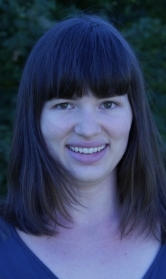The Welfare Magnet Hypothesis Revisited? A Natural Experiment in Austria
03 March 2020 3:00 pm CET
Fanny Dellinger, University of Innsbruck
Venue
wiiw, Rahlgasse 3, 1060 Vienna, lecture hall (entrance from the ground floor)
Description
How do welfare levels influence refugees' intra-state location choice? The welfare magnet hypothesis claims that migrants will be disproportionately drawn to high-welfare locations. So far, the hypothesis has proven difficult to verify empirically because of the multiplicity of factors influencing mobility choices. However, due to a policy of initial random dispersion of refugees in Austria and subsequent welfare reforms in specific states, it is possible to causally identify the effect of welfare on location choice. In addition, different rules regarding welfare apply to refugees depending on their protection status. The welfare reforms always left one group of refugees within the state unaffected, thereby creating inner-state control groups. This allows for a rich identification strategy, which controls for state-time, group-time and group-state fixed effects.
The results show strong evidence for welfare levels having an effect on location choice. However, for understanding overall mobility patterns of refugees the importance of state specific support structures cannot be overstated. Finally, policy implications for Austria will be discussed.
Fanny Dellinger is currently doing her PhD in Economics at University of Innsbruck focusing on location choice and integration of refugees. Previously, she has done interdisciplinary research on labour market integration of refugees in Austria at University of Vienna and on attitudes towards migration and demographic change at Austrian Institute of Economic Research. Her Master in Economics is from University of Vienna. Fanny Dellinger has also been active as a volunteer organizing German classes for refugees.
Powerpoint presentation, as far as available, will be posted on this page after the seminar.
